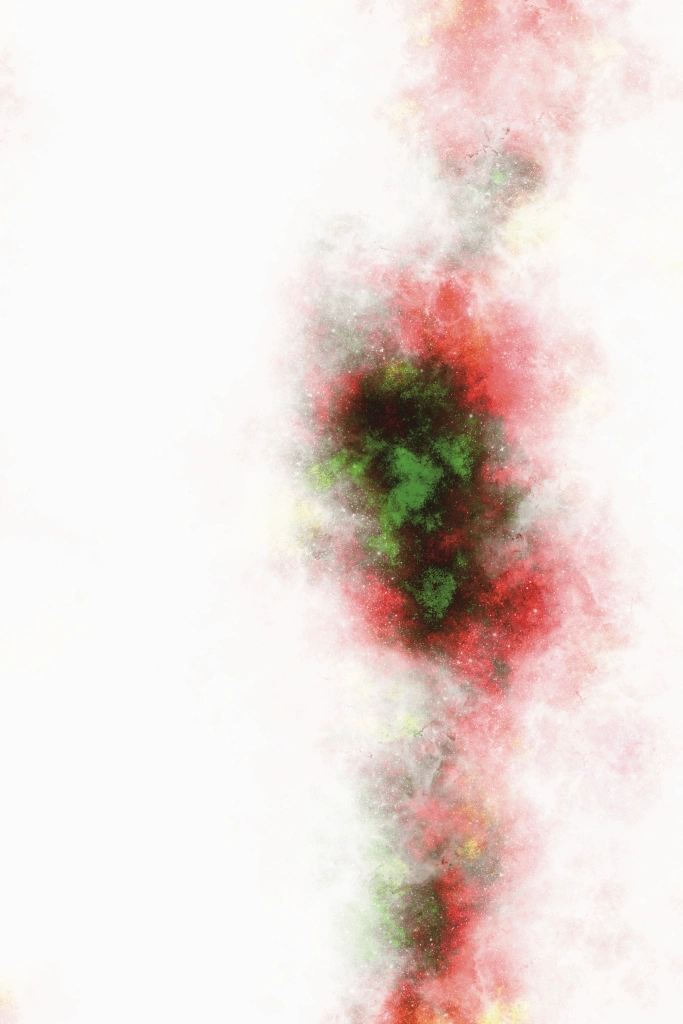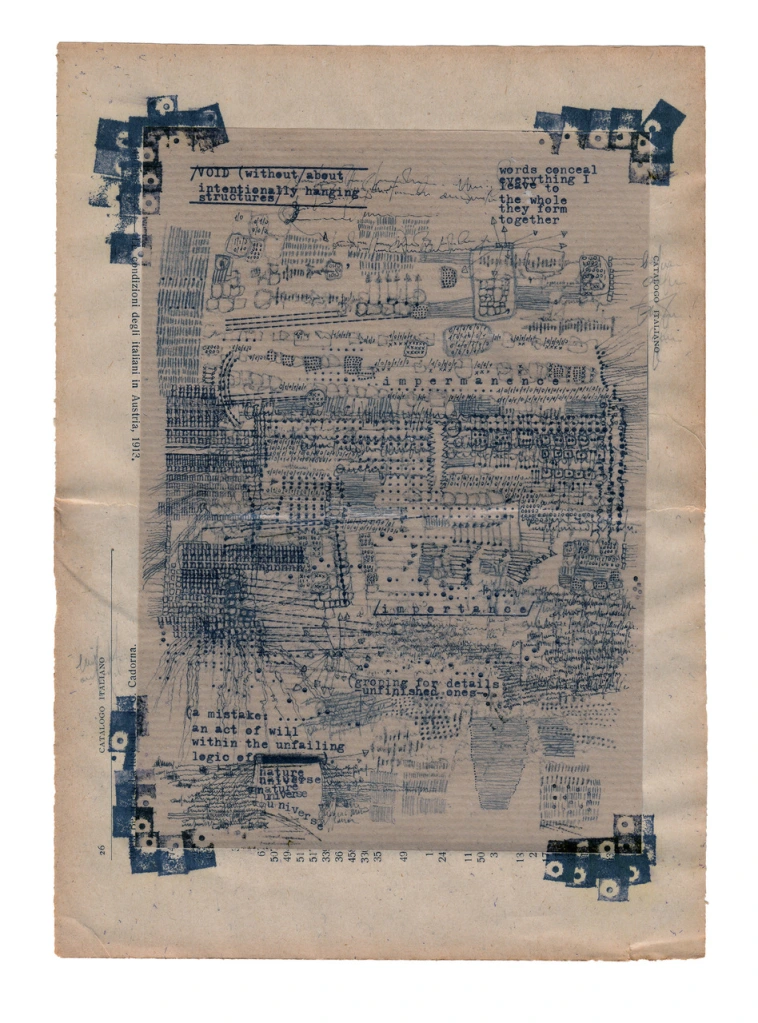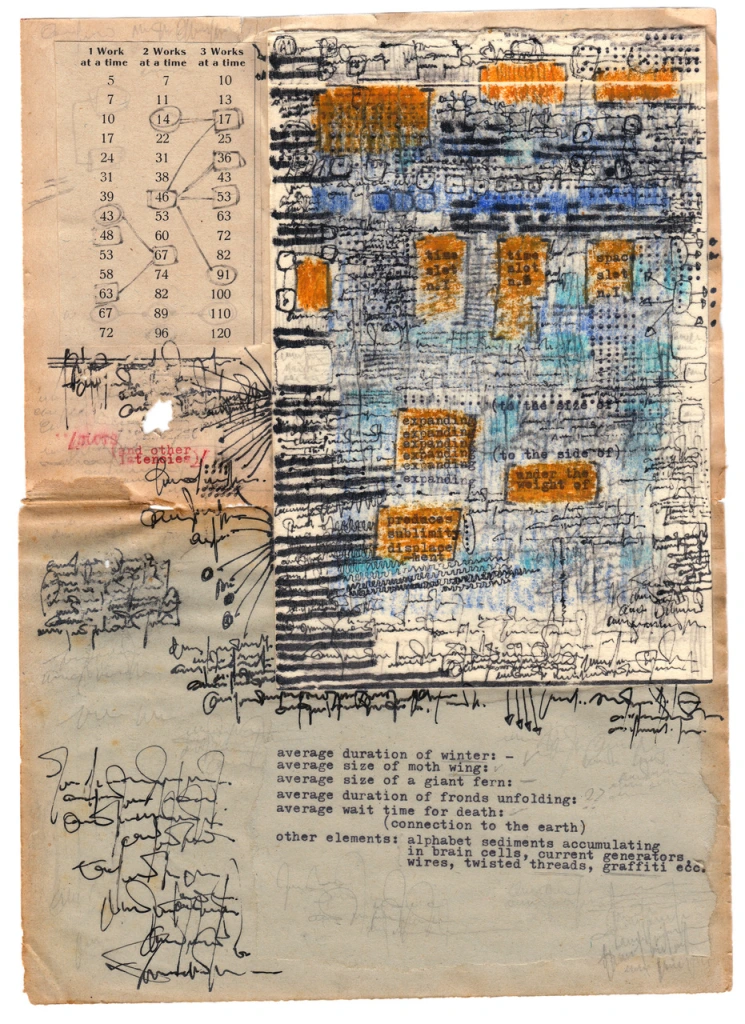Discover the 5 Step Exercise to Relieve Anxiety Onset, Achieve Calm, and Become Stress-Free.

Glint
Issue 15, Winter 2024

Masthead

In addition to editing and designing Glint, Brenda Mann Hammack teaches memoir, modern poetry, digital storytelling, and creative writing at Fayetteville State University where she also serves as coordinator for the concentration in creative and professional writing. Her scholarly work focuses on the medicalization of living vampires in fiction by Florence Marryat, Arabella Kenealy, Mary E. Wilkins Freeman, and Violet Hunt. Her poetry, fiction, photography, and hybrid projects can be found in various journals, including Blaze/Vox, Mudlark, Collidescope, Red Ogre Review, The Queen’s Review, The Fabulist, Anthropoid, and NILVX.
Sonya C. Brown, Assistant Editor of Glint, works in the Department of Chemical and Biomolecular Engineering at Johns Hopkins University and teaches classes at the University of Maryland Global Campus. She has published poems at Unlost and Arsenic Lobster. She lives in Maryland with her family, three dogs, two cats, and an ever-expanding flock of chickens and alter egos.
Nena Callaghan has a B.A. in English Literature with a minor in Spanish. Her work is heavily influenced by her Caribbean roots and has appeared in The Red Line Magazine, Museo de la Palabra, The Caribbean Writer, a publication of the University of the Virgin Islands, and others. She lives in Fayetteville, NC, where she continues to write and tend garden.
Tyler Cook (she/her) is a Senior at FSU majoring in creative writing. She has a wife and a 10-year-old daughter, works full-time in community mental health, coaches youth soccer, and serves on the board of two nonprofit organizations. She enjoys writing random “sticky-note thoughts” that pop into her head. She also likes to crochet, garden, and take nature walks with her family. Tyler is a first-generation college student and hopes to shift the focal point of her career to align with writing and publishing.
Ed McShane has taught American and Modern Literature for many years. In moments of stress, he reaches for an anthology of poetry, any anthology . . . and emotional equilibrium is restored. His favorite novelists include James Joyce, Kurt Vonnegut, Nelson Algren, Joseph Heller, and Willa Cather. His favorite short story writers: Isaac B. Singer and Anton Chekhov.
Micki Nyman is Professor of English at Fayetteville State University where she teaches writing, theory, British literature, and Humanities. Her research centers primarily on the intersection of subjectivity and culture in literature and film. Once a year, to replenish her spirit, Micki participates in a nine-day Sundance ceremony in the White Mountains of Arizona.
Maria Orban earned her Ph.D. in Modernity and Theory/American Literature from the University of Oklahoma in Norman. Her areas of interest include Native American fiction, postmodernism, Shakespeare, and ethnic women writers. She teaches American literature, World literature, Shakespeare, and Native American fiction (whenever she gets a chance) at Fayetteville State University where she also serves as the English department online education coordinator. She co-edited Charles W. Chesnutt Reappraised: Essays on the First Major African American Fiction Writer, winner of the Chesnutt Association’s Sylvia Lyons Render Award for outstanding contribution to scholarship on the life and works of Charles Waddell Chesnutt, and included in the CHOICE e-collection for African-American Studies. Her work was published in The Edinburgh Companion to Nineteenth-Century American Letters and Letter-Writing, and in journals like American Indian Culture and Research Journal, European Review of Native American Studies, and World Literature Today.
Raymond Summerville earned an MA in English and African American literature from North Carolina Agricultural and Technical State University and a Ph.D. in English with a concentration in folklore, oral tradition, and culture from The University of Missouri–Columbia. His research interests include Diaspora studies, postcolonial studies, African American literature, American history, and all subjects related to folkloristics including African American folklore and paremiology. His book Proverb Masters: Shaping the Civil Rights Movement (May 2024) examines cultural influences of several important civil rights figures including Ida B. Wells, Charles W. Chesnutt, A. Philip Randolph, Septima P. Clark, Bob Dylan, Malcolm X, Stokely Carmichael, and others. His work also appears in the anthology Gunlore: Firearms, Folklore, and Communities, edited by Robert Glenn Howard and Eric Eliason (August 2024). Both books were published by the University of Mississippi Press.
Art on this page by Edward Lee’s “A Kiss to Move Time”
Submission Guidelines

Federico Federici’s “Void ( )”
Our primary submission period runs from the beginning of November through the end of April. We accept poetry, short fiction, creative nonfiction, and other forms of hybrid writing. We appreciate lyric essays, prose poems, flash fiction, collaborations, visual poetry, graphic fiction, literary fantasy, and excerpts from verse novellas or verse biographies.
We accept visual art submissions year-round. We prefer to receive submitted reviews in the fall since we only publish once a year, usually at the end of December so we prefer reviews of new or forthcoming books that have been released no earlier than a year before the journal’s next publication date. Reviews of forthcoming publications are also acceptable. We prefer to publish reviews of books that could be characterized as literary.
We have decided to temporarily delay the release of the book reviews for issue 15, but they are forthcoming.
The address for submissions is glintsubmissions at gmail.com. When submitting, you should identify the genre in your subject line. Prose poetry and flash fiction are usually considered as hybrid genre work unless otherwise requested by the contributor. Word documents are easier to work with during layout; however, if your poem or hybrid piece contains unusual lineation, you may also send a PDF file for me to consult if unusual coding is needed to satisfy your creative vision.
If you are submitting multiple items (poems, images, flash fiction), you can list multiple titles in the subject line, shortening the long ones in the subject line. Example: Willie Wordsworth “Tintern Abbey,” “Lucy Gray,” “Strange Fits,” “Fish-Women” Poetry.
Please do not submit more than six poems or 25 pages of prose at a time. Visual artists may submit up to six images, but they may also share links to their personal web pages if they want the editor to consider other options.
You may send submissions in more than one genre. However, you should not send multiple submission batches in a single genre before we have had time to respond to the first batch. Due to our academic responsibilities, we usually make our final decisions in May or early June.
Glint accepts attachments in doc, docx, rtf, odt; jpg or png is preferred for visual submissions. However, multimedia creations are also welcomed (mp3s and video files), and we don’t mind simultaneous submissions so long as we’re notified if work is accepted elsewhere.
Any use of AI should be acknowledged in a cover letter as well as in a citation in MLA format. We also request that human collaborators provide a statement explaining how and why AI contributed to the submitted work. Since Glint encourages hybrid-genre creations, including collage poetry and found poetry, we are willing to consider AI’s potential in collaboration with synthographers and other human creatives.
All rights will revert to the creators following publication, though we would like to be acknowledged should the work be reprinted at a later date.
We are willing to republish work that has appeared elsewhere but are more likely to agree if the submission previously appeared in venues that did not receive wide circulation.
We do not receive funding; therefore, we only publish electronically and we can not afford to offer monetary payment. All editors serve on a voluntary basis.

